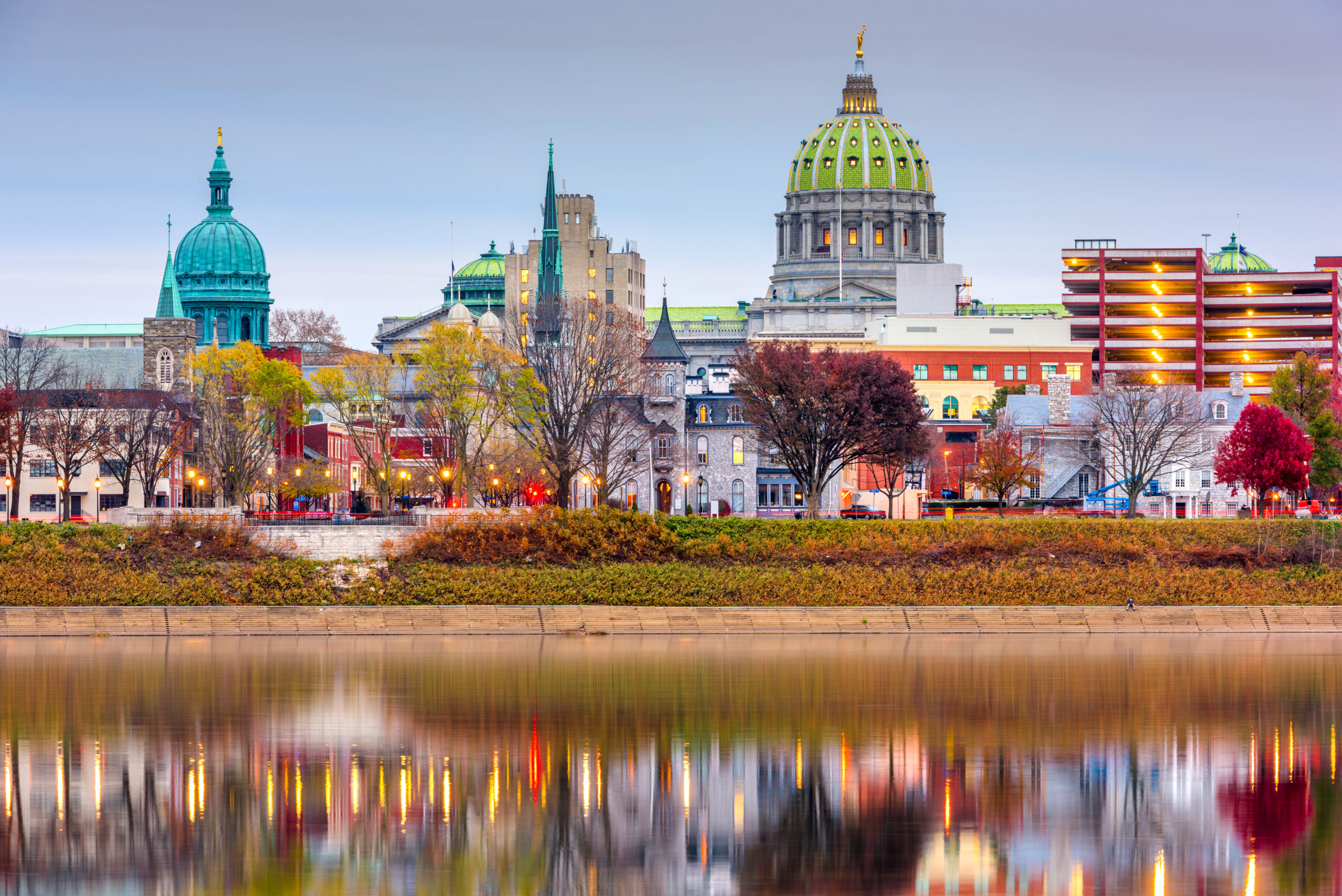Former Gov. Corbett calls for ‘hyper-localized’ dialogue on democracy, civics
Corbett said conversations at the local level could be the solution to distrust in elections.
April 3, 2023 | Justin Sweitzer | City & State Pennsylvania
Speaking Monday during a panel discussion on democracy and civics at Dickinson College, Tom Corbett, who served as Pennsylvania’s governor from 2011 to 2015, said the advent and growth of social media has changed how news and information flows, and said a response is needed to combat disinformation from spreading in future elections.
“What’s really changed – what’s changed within the last 10-15 years – is communication. Everybody today has a billboard. Even back when I was attorney general, you really didn’t ever pull that. You may be able to send things out, but social media changed the dynamic. I think it’s skipped over political civic education.”
-Tom Corbett
Corbett, a Republican, wasn’t the only person who took part in Monday’s panel discussion. The forum, hosted by Keep Our Republic, a civic advocacy organization, also included input from former U.S. House Majority Leader Richard Gephardt; Dickinson College president and former federal judge John Jones; Velma Redmond, a former state deputy attorney general who also previously served as counsel to the Pennsylvania Department of State; Sarah Niebler, a Dickinson College political science professor; and Ari Mittleman, Keep Our Republic’s executive director.
Corbett emphasized that developing new ways to communicate with voters and Pennsylvanians could help prevent political violence, like the Jan. 6, 2021 insurrection at the U.S. Capitol. …
“There’s a brush fire in the body politic. I think that a few sparks could create a five-alarm fire.” -Ari Mittleman


